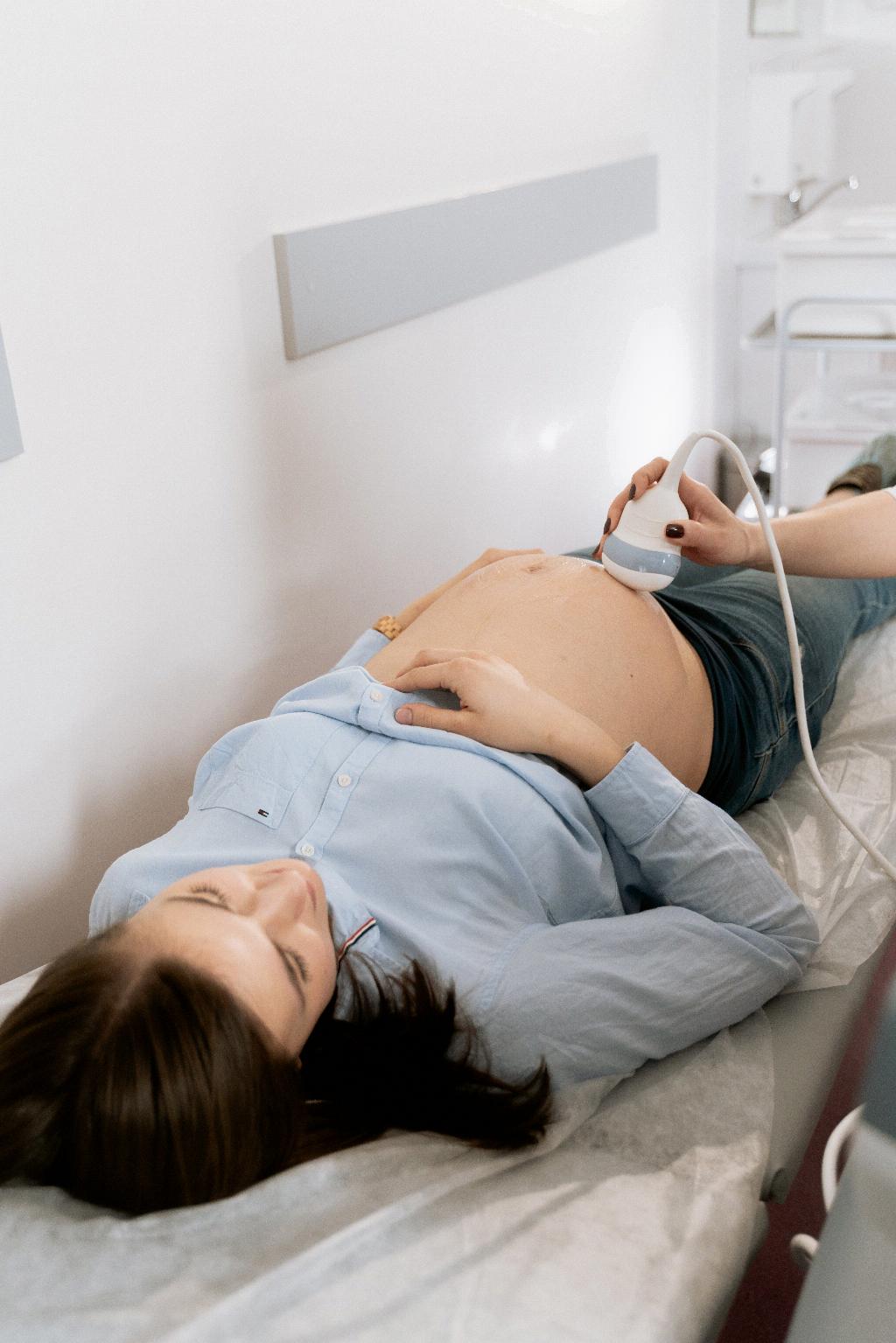When it comes to the experience of a second pregnancy, opinions are diverse and varied. For some individuals, the second time around may feel more manageable and familiar, while for others, it could present new challenges and hurdles to overcome. The truth is, there is no one-size-fits-all answer to whether a second pregnancy is easier or harder.
One key factor that can influence how a second pregnancy is perceived is the individual’s previous experience with childbirth. Those who had a positive and uncomplicated first pregnancy and delivery may approach their second pregnancy with more confidence and ease. In contrast, individuals who faced complications or difficulties during their initial pregnancy may feel more apprehensive about the prospect of going through the process again.
Additionally, the timing of the second pregnancy can play a significant role in how it is experienced. Having a toddler or young child to care for while being pregnant can bring about unique challenges, such as juggling multiple responsibilities and managing fatigue. On the other hand, having experience as a parent from the first child can provide a sense of readiness and preparedness for the arrival of another baby.
Physical changes during a second pregnancy can also impact how it is perceived. The body has already gone through the process of carrying and delivering a child, which can result in changes such as muscle laxity, stretch marks, and lingering physical discomfort. These factors may contribute to a perception of a second pregnancy being more challenging from a physical standpoint.
Mental and emotional factors should not be overlooked when considering the ease or difficulty of a second pregnancy. Managing the emotions and stress of caring for multiple children, adjusting to changing family dynamics, and preparing mentally for the arrival of another baby are all factors that come into play. Emotional support and self-care practices can be crucial in navigating these aspects of a second pregnancy.
Furthermore, external factors such as financial stability, access to healthcare, and support systems can greatly impact the experience of a second pregnancy. Individuals who have robust support networks, adequate resources, and a stable living situation may find it easier to manage the demands of pregnancy and parenthood. Conversely, those facing financial or social challenges may find a second pregnancy more stressful and overwhelming.
Each pregnancy is a unique journey, shaped by a multitude of factors that interact and influence one another. It is essential to recognize that every individual’s experience will be different, and what may be easy for one person could be challenging for another. Ultimately, the perceived ease or difficulty of a second pregnancy is subjective and can vary widely from person to person.
As individuals navigate the complexities of a second pregnancy, seeking support from healthcare providers, loved ones, and online communities can be invaluable. Sharing experiences, seeking advice, and practicing self-compassion are all important steps in managing the physical, emotional, and mental aspects of pregnancy and parenthood.
While there is no definitive answer to whether a second pregnancy is easier or harder, what is certain is that each pregnancy, each birth, and each child bring their own set of challenges and joys. Embracing the journey with an open heart and a willingness to adapt and grow can help individuals navigate the ups and downs of pregnancy with grace and resilience.

